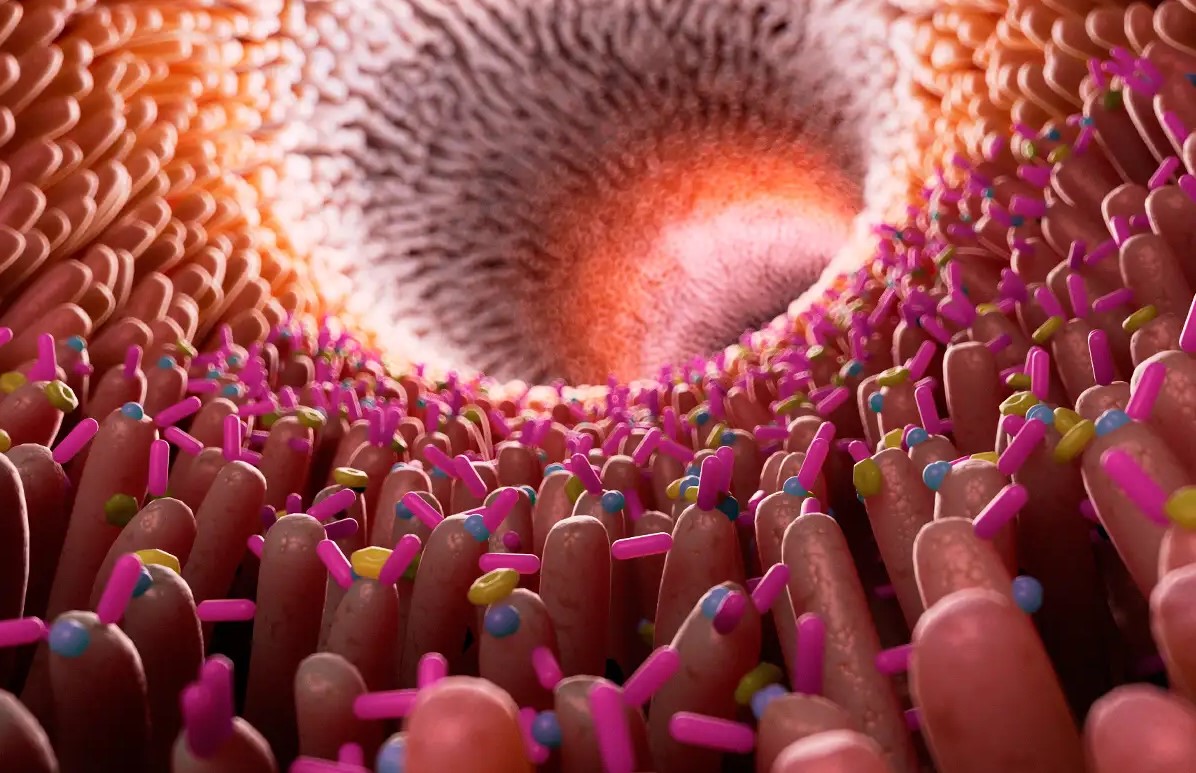We are all aware that maintaining a healthy lifestyle involves regular exercise, eating fruits and vegetables, getting a good night’s sleep, and staying hydrated. These habits not only benefit your overall well-being but also support your gut microbiome – the diverse community of microbes in your digestive system. However, there are additional considerations to optimize your gut health.
A healthy gut is characterized by a diverse range of microbes and an effective gut barrier, which is the lining between your intestine and bloodstream. Let’s delve into the key factors, starting with diet, which plays a significant role in influencing your gut health.
A diet rich in fiber, unsaturated fatty acids (found in fish and nuts), and polyphenols (chemicals in plants) promotes a healthy gut. On the flip side, diets high in saturated fats, additives (like “E numbers”), and sugar can harm your gut health. So, it’s advisable to minimize the consumption of ultra-processed foods.
Emulsifiers, common additives in ultra-processed foods, such as lecithin, guar or xanthan gum, and mono- or diglycerides, have been linked to intestinal inflammation and a leaky gut. Keep an eye out for these additives on food packaging.
While it may be impractical to completely avoid foods with additives, limiting their consumption and increasing intake of prebiotic and probiotic foods can safeguard your gut.
Prebiotics, like dietary fiber, stimulate the growth of good bacteria in the colon. Aim for around 30g of fiber a day for adults and 15-25g for children. Including a variety of plant foods in your diet, with a goal of 30 plant species per week, supports a healthy gut. This can include items like good-quality coffee and dark chocolate.
Probiotics, live bacteria and yeasts, can be obtained from fermented foods like yogurts, cheese, sauerkraut, kimchi, tempeh, and miso. Look for products labeled with “live cultures” or “live bacteria” in the fridge section for maximum benefits.
Consider the timing of your meals, as intermittent fasting can promote gut lining repair and reduce inflammation.
Medications can impact gut health, especially broad-spectrum antibiotics that may harm beneficial bacteria. Take prescribed medications as instructed, and discuss concerns about their effects on your gut health with your doctor.
Prioritizing good sleep and managing stress levels is crucial for overall health. Increasing your intake of both prebiotics and probiotics during medication can help support your gut.
Always consult with your doctor before introducing a probiotic supplement alongside any treatment. As research on the microbiome continues, following these guidelines will contribute to maintaining a healthy gut in 2024 and beyond.


